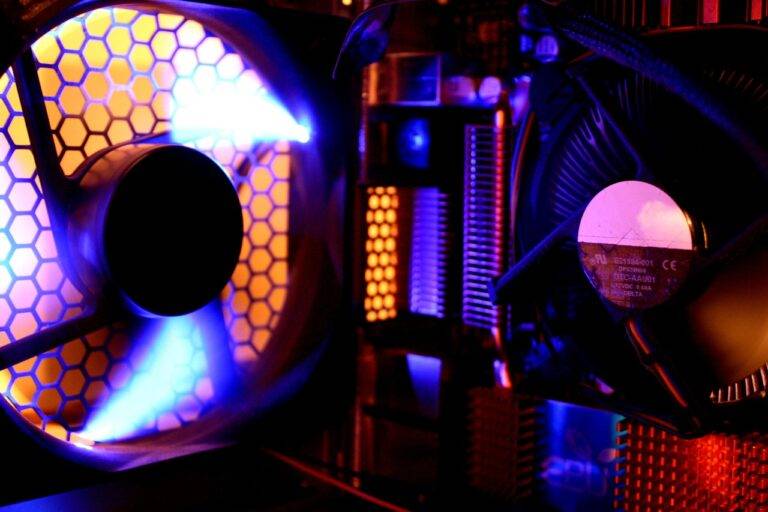Green Tech Innovations
One significant breakthrough in sustainable energy technology is the development of efficient solar panels that can convert sunlight into electricity with higher levels of efficiency. These advancements have made solar energy a more viable option for meeting the increasing demand for clean energy sources.
Another key advancement in sustainable energy is the improvement of energy storage systems, such as batteries, which allow for better integration of renewable energy sources into the grid. As these storage technologies become more advanced and cost-effective, they play a crucial role in ensuring a stable and reliable energy supply from sources like wind and solar power.
• Efficient solar panels have increased the viability of solar energy as a clean energy source
• Energy storage systems like batteries are improving to better integrate renewable energy sources into the grid
• Advanced and cost-effective storage technologies play a crucial role in ensuring stable and reliable energy supply from wind and solar power
The Role of Artificial Intelligence in Environmental Conservation
Artificial intelligence (AI) is revolutionizing the field of environmental conservation by providing innovative solutions for sustainable practices. Through the use of AI technologies, researchers and conservationists can gather, process, and analyze vast amounts of data to improve decision-making processes and resource management strategies. AI algorithms can identify patterns and trends in environmental data, helping to predict and prevent potential ecological threats before they escalate.
Furthermore, AI plays a crucial role in monitoring and managing wildlife populations, habitats, and ecosystems. With the help of AI-powered cameras and sensors, conservationists can track endangered species, detect illegal activities, and assess the health of ecosystems in real-time. These advancements in AI technology have the potential to transform the way we approach environmental conservation efforts, paving the way for a more sustainable and eco-friendly future.
The Impact of IoT on Green Technology
The Internet of Things (IoT) has revolutionized the landscape of green technology by facilitating efficient monitoring and control of energy usage and resource management. Through interconnected devices and sensors, IoT enables real-time data collection and analysis to optimize energy consumption, reduce waste, and enhance overall sustainability in various industries.
Moreover, the integration of IoT in green technology allows for the development of smart grids, smart buildings, and smart cities, leading to enhanced energy efficiency and environmental conservation. By utilizing IoT solutions, organizations can track energy usage patterns, predict maintenance needs, and automate processes to minimize their carbon footprint and promote a more sustainable future.
What are some examples of technological advancements in sustainable energy?
Some examples include solar panels, wind turbines, hydroelectric power, and geothermal energy systems.
How does artificial intelligence contribute to environmental conservation?
Artificial intelligence can optimize energy usage, predict and prevent environmental disasters, and improve waste management processes.
How does IoT impact green technology?
IoT devices can monitor and control energy usage, optimize resource management, and enable real-time data analysis for more efficient and sustainable practices.





